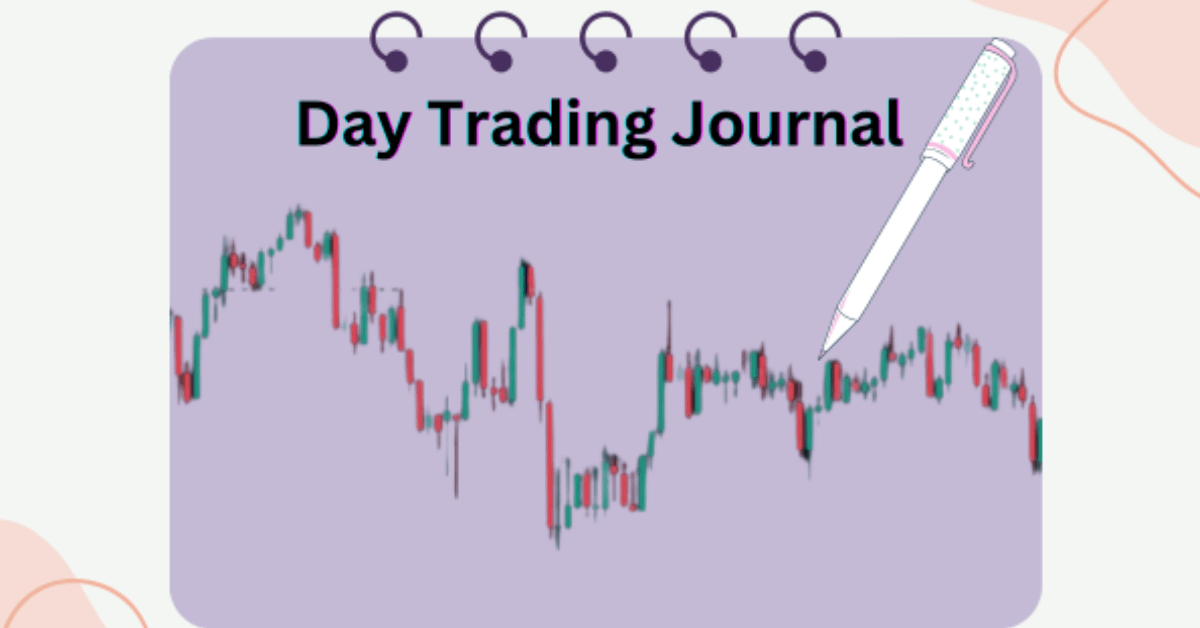Options Day Trading Journal And Its Role In Profitable Trading
26/08/2025

Day Trading Journal An options day trading journal is the most important and useful tool while doing trading. It is...
Read more
26/08/2025

Lorem ipsum dolor sit amet, consectetur adipiscing elit. Nunc imperdiet rhoncus arcu non aliquet. Sed tempor mauris a purus porttitor
Learn more